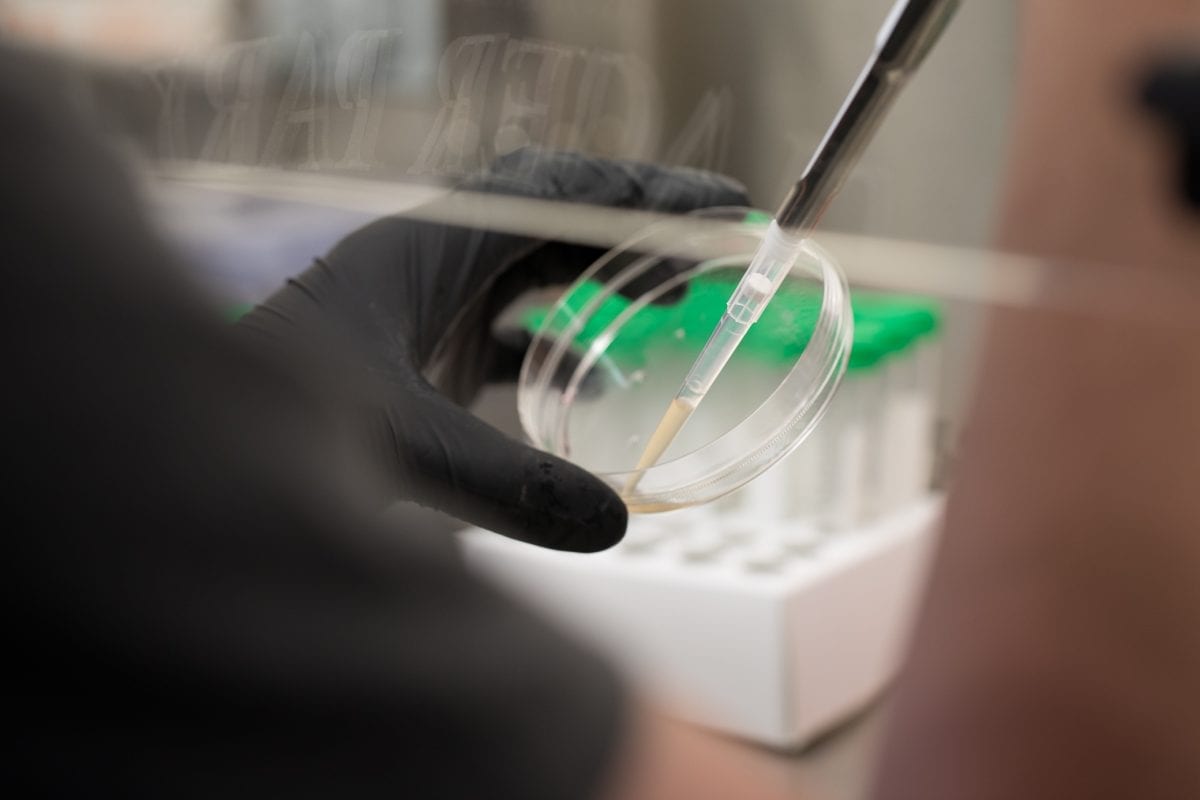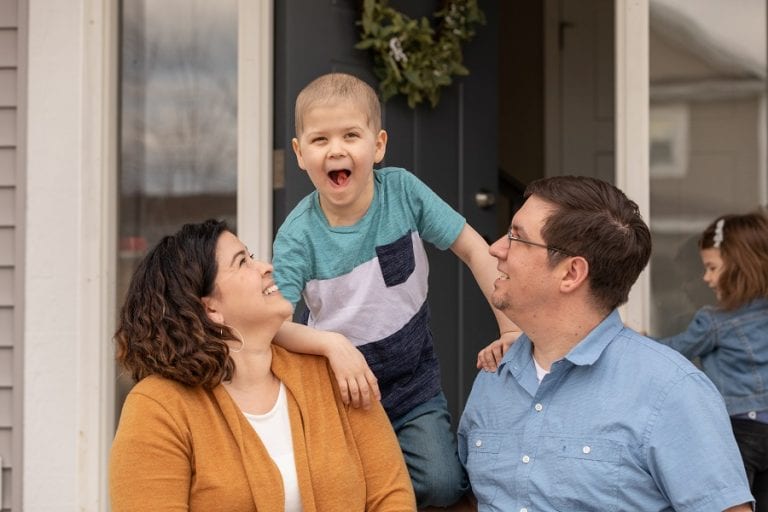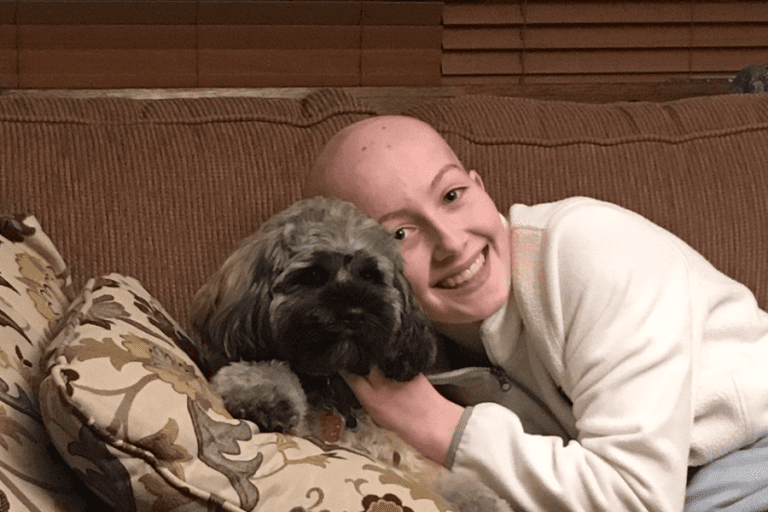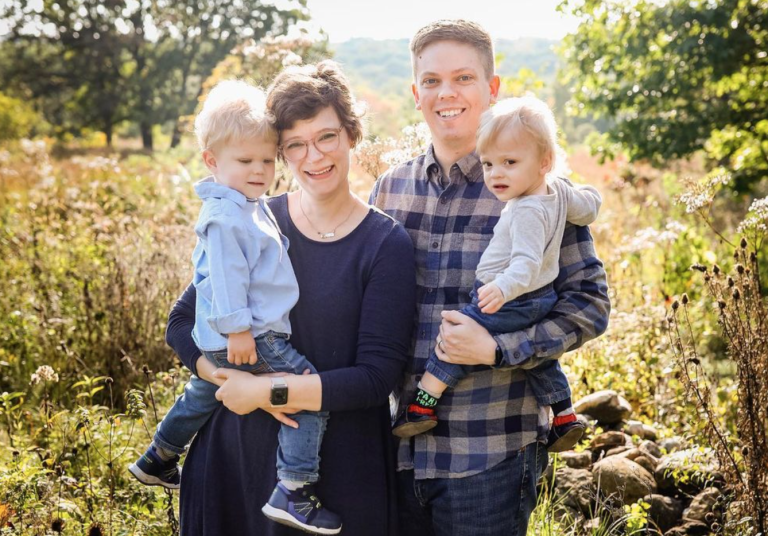“Relapse.” “Metastatic.” These are the dreaded words too many Ewing sarcoma patients hear after weeks, even months, of cancer treatment. Patients with metastatic (cancer that is found in multiple sites in the body) or relapsed (cancer that comes back after treatment) Ewing sarcoma have a very poor prognosis, and Kelly Bailey, MD, PhD dreads telling her patients.
“When they’re first diagnosed, there’s so much hope,” Bailey said. “They’re determined and they’re ready to fight. When I have to tell a family their child has relapsed, or that their cancer has spread to a different part of their body, it places doubt and worry in their minds, especially if they think they’re all clear and then they find out they’re not.”
Bailey, in addition to practicing as a pediatric oncologist, is also researching why some cells in Ewing sarcoma tumors are more aggressive and less sensitive to chemotherapy. Bailey, a recipient of a Children’s Cancer Research Fund Emerging Scientist Award, is testing existing drugs on these more aggressive Ewing sarcoma cells to see if they can be made more sensitive to chemotherapy.
“We’re looking at a specific pathway that causes these cells to grow fast, and our goal is to find a drug we can use to target that pathway and kill the cells,” Bailey said. “We’re seeing that some of these cells have built up a resistance to current drugs, or have acquired new mutations that make them more aggressive. Ultimately, we’re looking for a better target.”
The $100,000 grant from CCRF was a key part of getting Bailey’s research off the ground, especially since childhood cancer research so rarely receives government funding. Researchers studying rare tumors like Ewing sarcoma sometimes have a hard time getting the attention and funding they need to move forward, especially scientists still early in their careers who don’t have published studies to support their grant applications.
But Bailey says this is often the best time to fund researchers like her. “When you’re early in your career, you have a lot of energy, motivation and great ideas – it’s just a matter of trying to get people to hear you,” Bailey said. “Support like an Emerging Scientist Award can really get your career going and help you get larger government grants in the future. That stepping stone of support is priceless.”
Bailey is motivated not only by her patients who are fighting cancer, but by stories of famous scientists who have gone before her. She loves the stories about researchers succeeding in a breakthrough, but even better, she says, are the stories about the struggles and obstacles along the way.
“I love hearing senior scientists discuss their journeys, especially how they navigated through career challenges and failures,” Bailey said. “Because sometimes what comes out of those failures can be a real gem, and can be the jumping-off point for the next project that does succeed. It makes me want to just keep working hard and keep making progress.”
The Emerging Scientist Award from Children’s Cancer Research Fund is a $100,000 grant designed to develop the independent research of highly qualified individuals still early in their careers. Learn more about how your support advances new research and leads to better treatments for kids battling cancer.
Support Emerging Scientists
By donating to Children’s Cancer Research Fund, you’re giving emerging scientists the support they need to put their great ideas into practice.




